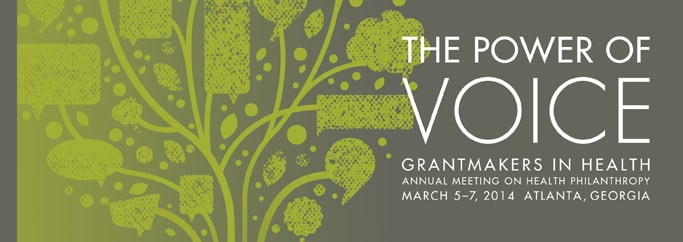Reclaiming Futures, Rebuilding Lives
The Kate B. Reynolds Charitable Trust has learned that although direct service grantmaking can yield immediate results, it often cannot address the underlying causes of poverty or make a lasting impact. To better address these challenges, the Trust has shifted the focus of some of its grantmaking to efforts designed to change the systems serving these populations.
Update on the National Dialogue on Mental Health
In June 2013, GIH hosted a webinar on the first stages of the National Dialogue on Mental Health. This follow-up webinar provided an update on the initiative’s activities to date as well as next steps.
Achieving Mental Health Parity and Addiction Equity
This webinar focused on opportunities for philanthropy to help advance behavioral health equity at the local, state, and national levels.
Responding to Adverse Childhood Experiences
Heart disease, cancer, and chronic lower respiratory diseases are the leading causes of death in the U.S., and led to more than 1.3 million deaths in 2010. Researchers are increasingly turning their attention to young children and early traumatic stressors to further understand the pathway leading to these diseases and their associated risk factors.
Improving Mental Health Conditions Worldwide
This webinar discussed the WHO Quality Rights Project and offered participants the opportunity to view a live demonstration of the recently launched MiNDbank database, a new online platform for the sharing of resources in mental health, human rights, disability, and development.
Prescription Drug Abuse
On this webinar, participants learned more about the increasing misuse of prescription drugs and how different types of foundations are working to address this often under-recognized public health issue.
Meeting Adolescents Where They Are: New Directions in Behavioral Health
Meeting Adolescents Where They Are: New Directions in Behavioral Health was held on October 23, 2013 in Washington, D.C.
Positive School Discipline: Opportunities to Promote Behavioral Health
Concerns about school violence have heightened awareness of how schools maintain a safe and productive learning environment. Public discourse surrounding school safety has largely focused on security; yet school discipline policies have short- and long-term consequences for students and the school community.


